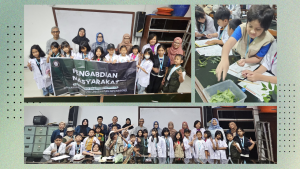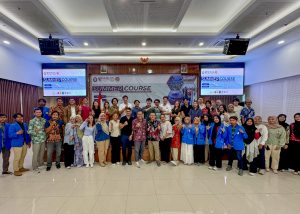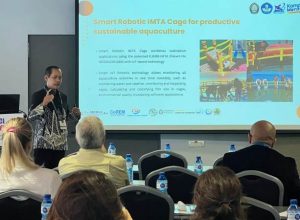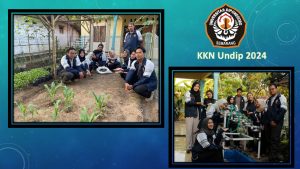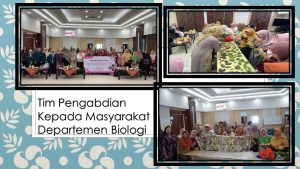
Undip Promotes Natural Plant Dyes to Dharma Wanita FSM to Boost Economic Growth
SEMARANG – Universitas Diponegoro (Undip) has once again demonstrated its commitment to community service through a program titled “Introduction of Natural Plant Materials as Textile Dyes for

